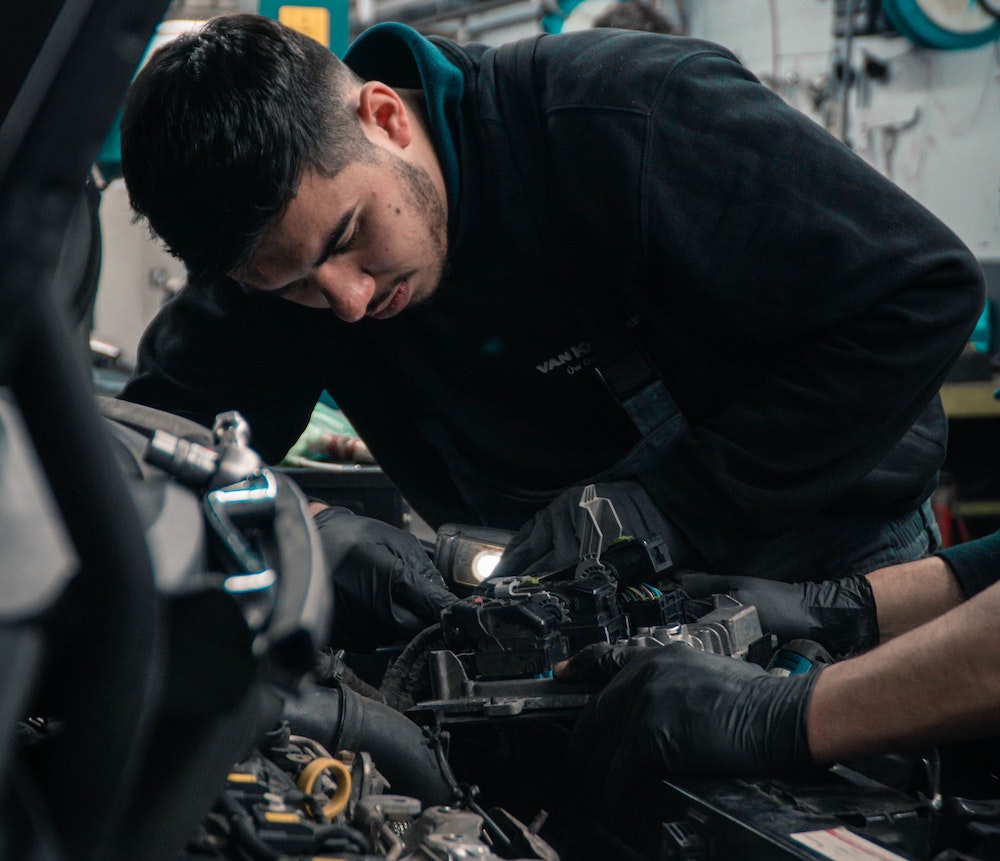A car that doesn’t start but starts later may have a problem with the ignition system or fuel delivery.

Credit: www.motorverso.com
Dead Or Weak Battery
Car trouble can be frustrating, especially when your car won’t start and then suddenly starts later. One of the common reasons for this issue could be a dead or weak battery. There are several symptoms that can indicate a problem with your battery, such as dim headlights, clicking noises when turning the key, or the engine cranking slowly.
If you’re experiencing these issues, it’s important to diagnose the problem correctly. Some common causes of a dead or weak battery include leaving lights or other electronics on, a faulty charging system, or an old battery that needs replacing. To fix battery issues, you can try jump-starting your car, cleaning the battery terminals, or replacing the battery if necessary.
Remember to take proper precautions and consult a professional if needed.
Faulty Ignition Switch
A faulty ignition switch can lead to a car not starting initially but starting later. Signs of a faulty ignition switch include difficulty turning the key, the engine not cranking, and random electrical failures. This malfunction can happen due to worn out contacts or a broken switch mechanism.
To diagnose and fix the issue, you can perform some diy solutions. First, check if the battery is properly connected and charged. If that’s not the problem, inspect the ignition switch for any visible damage or loose connections. You may be able to repair it by cleaning the contacts or tightening the connections.
If the switch is severely damaged, it’s recommended to replace it entirely. Keeping your ignition switch in good condition is essential for reliable starting of your vehicle.
Fuel Delivery Problems
Car owners often encounter the frustrating situation of their vehicle not starting, only to have it start later on. This could be due to fuel delivery problems. Indications of such issues include the engine cranking but not starting, a lack of fuel smell, or the vehicle stalling during operation.
There are several potential causes for fuel delivery problems, such as a clogged fuel filter, a faulty fuel pump, or a problem with the fuel injectors. To troubleshoot and resolve these issues, it is important to check for any loose or damaged fuel lines, ensure the fuel pump is functioning correctly, and clean or replace the fuel filter if needed.
Seeking professional assistance may be necessary if the problem persists.
Starter Motor Problems
Car owners often face the frustrating issue of their car not starting initially, only to start later. One possible cause could be problems with the starter motor. Identifying starter motor issues can help resolve the problem. There could be various reasons behind starter motor failures, such as a dead battery, faulty solenoid, or worn-out starter motor brushes.
If the car’s engine only makes a clicking sound when attempting to start, it could indicate a faulty solenoid. In some cases, the starter motor may need repair or replacement to resolve the issue. It is important to have a professional diagnose the problem accurately and determine the best course of action.
Electrical System Malfunctions
Car owners often encounter the frustrating scenario of their car not starting, only to start later. This could be indicative of electrical system malfunctions. Detecting these faults is crucial in resolving the issue. Cars commonly experience electrical problems, which can range from a dead battery to faulty wiring.
To tackle these issues, it is important to follow a step-by-step approach. Start by inspecting the battery connections, ensuring they are clean and secure. Check for any damaged or worn-out wires that may be causing the problem. It is also advisable to inspect the fuses and relays, as these can often be the root cause.
Additionally, testing the starter motor and alternator should be part of the troubleshooting process. By carefully identifying and resolving these electrical system faults, car owners can ensure that their vehicles start reliably and without any unexpected hiccups.
Ignition System Failures
Car won’t start then starts later due to ignition system failures. One symptom of ignition system malfunctions is difficulty starting. Another symptom is engine misfires. Ignition system issues can be caused by faulty spark plugs or a defective ignition coil.
Other causes include a broken ignition switch or a faulty ignition module. To fix ignition system problems, you may need to replace spark plugs, ignition coils, or other components. It is important to inspect and test the ignition system thoroughly to identify the root cause of the problem.
Regular maintenance and inspection of the ignition system can help prevent issues and ensure your car starts reliably. If you experience persistent starting problems, it is recommended to consult a professional mechanic for diagnosis and repair.
Conclusion
If your car won’t start but then starts later, there could be several reasons behind this frustrating issue. It could be due to a weak battery, faulty ignition switch, or a problem with the starter motor. One possible cause is a loose or corroded connection with the battery terminals, which can prevent the electrical current from flowing properly.
Another possibility is a problem with the fuel system, such as a clogged fuel filter or a failing fuel pump. Additionally, issues with the ignition system, like a worn-out spark plug or a malfunctioning ignition coil, could cause intermittent starting problems.
To troubleshoot this issue, it’s important to check the battery connections, inspect the ignition switch, and examine the fuel and ignition systems. If the problem persists, it’s recommended to consult a professional mechanic who can diagnose and fix the issue to ensure your car starts reliably every time.

